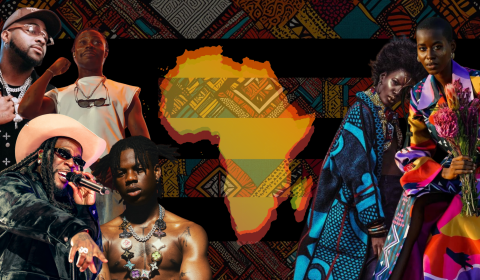After a career-pivoting and rather surprising ‘Album of the Year’ win sent fans into a frenzy for its ‘tone deaf’ claims of adversity. But is there a case for considering who Harry meant by ‘people like me’?
Beyonce, Adele, Lizzo. Harry Styles was certainly up against some stiff competition for Album of the Year at the 2023 Grammys.
But in a rather surprising twist, his album ‘Harry’s House’, a bubbly album that was at times synthy, at times melancholic, took home the biggest award of the night.
Style’s sprawling fan-base seemed overjoyed. White mums everywhere jumped for joy as Britain’s poster-boy of pop achieved career-changing recognition from the biggest academy in music.
Others weren’t as happy. As he took to the stage to receive his award, Harry was heckled by various members of the audience. One shouted ‘get off the stage!’, another ‘Beyonce should have won!’
Bitter losers are no stranger to the Grammys, a show which has become as famous for its live antics and mishaps as it has for the stars who are up for awards.
Some would argue the entire ordeal has become more of a pop culture talking point than it has a credible autocratic power in Hollywood, much like the Oscars.
Months before winners – even nominees – had been announced, focus turned to the Grammys historic lack of inclusion and diversity, especially its consistent failure to award Black artists in leading categories.
Though she lost to Harry, Beyonce did make history after winning her 32nd Grammy. That makes her the most awarded artist in the academy’s history.
Still, it matters that Beyonce lost to Harry. She was beaten in one of the most prestigious categories of the entire show.
Year after year, Black artists have been confined to niche, genre-specific categories, like best dance/electronic album, for which Beyonce won her record-breaking award.
And again and again, white cis men dominate the biggest, juiciest, most formidable spots on music’s leader board; if you believe the Grammys for all their pomp and circumstance, then that is essentially what they purport to be.
So, it’s understandable that Harry’s win ruffled some feathers. Though Lizzo certainly seemed overjoyed for her competition and close friend.




















